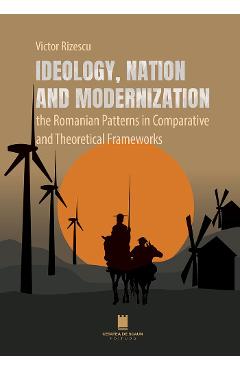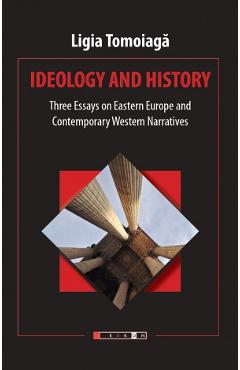
Ideology, nation and modernization - Victor Rizescu
Ideology, nation and modernization. The Romanian Patterns in Comparative and Theoretical Frameworks All throughout the decades following after the demise of communism, the reinterpretations of particular topics of Romanian history went together with a search for the re-conceptualization of the historical evolution of the country taken over the long run. Various layers of the process of change could be selected as privileged targets for the deployment of such an effort. The present book has to be seen as an instance of this collective search. It is premised on the conviction that any meaningful engagement with specific subjects involving the interplay between ideological patterns, social structures and public policies over the modern and contemporary periods of Romanian history can only have as a precondition the forging of an appropriate broad vision regarding the unfolding of basic political ideas from the beginning of modernization on the western model to the installation of the communist regime. Pursuing in his series of works investigations leading from general to ever more particular areas of research, the author has felt the need of recurrently coming back to the specific accents and conceptualizations laid down here, in order to elaborate further upon them without ever discarding the basic statements advanced. The second edition of the book is the result of this search for clarifying broad meanings behind historical details. - Victor Rizescu Victor Rizescu, one of the most respected Romanian scholars in the field, highly appreciated for his contributions to the analysis and interpretation of modern Romania's intellectual history, offers in this book a work of synthesis that, at the same time, opens up fresh insights on a series of important themes defining the process of modernization from a comparative perspective. The book is thus a contribution not only to those interested in Romania and Eastern European "area studies" but also to comparativists and all those involved in research centered on the conceptualizations of social structures and change from a historical perspective. Moreover, the book is highly relevant for the current debates on questions related to nation-states, national identities, globalization, and Europeanization processes, and the extrapolation of modernization trends in the post-modern world of the XXI century. It is indeed a book to be recommended not only to specialists but to the general public as well. - Paul Dragos Aligica, George Mason University and University of Bucharest
69.00 Lei în magazinul Libris



